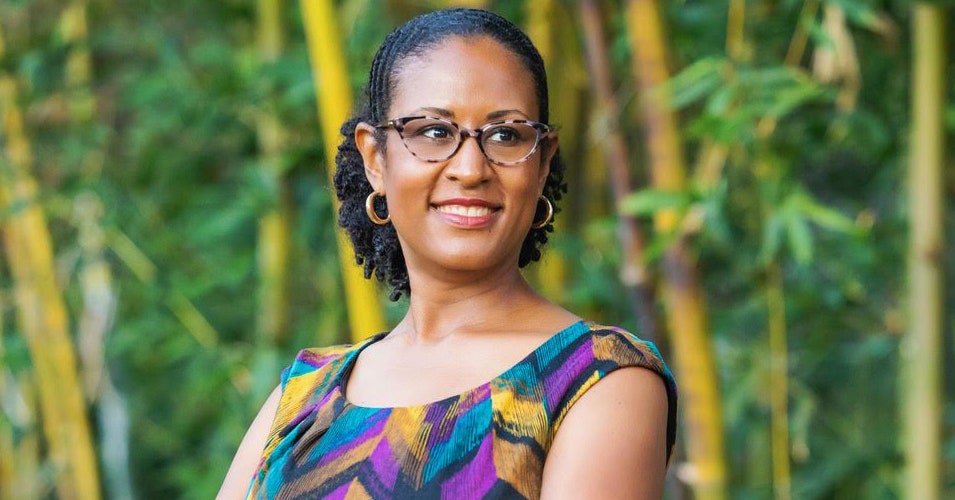How does race influence the way we all process those emotions?
What I found in a survey I conducted is that the most distressing emotions were reported by people of color, who statistically significantly, the majority identified feeling traumatized by the impact of climate change. They also reported feeling more fear than white respondents.
And they also reported feeling overwhelmed. And that also came up a lot in the interviews. What I didn’t expect, but this is also significant, is that when it came to parenting amid climate change, people of color in my study were more likely to report positive or action-oriented emotions, including feeling motivated, determined , feeling a sense of happiness or optimism. Since this was a quantitative survey, I couldn’t ask questions about why those positive emotions were there.
But I can only imagine it’s because people of color really do have a long history of facing existential threats. Black and Indigenous peoples, in particular, have had to develop tools to become resilient, within the community, within the family, and within social movements. So I can only imagine that those responses of motivation, joy, determination, and happiness come from a sense of “We will survive, we will endure, and whatever the future holds for us, we will find a way to thrive.”
So does your work really underscore the importance of African Americans and communities of color, in the face of these threats, drawing strength from family?
Not just family. We can trace a long history in the United States of black people literally facing threats to our existence, literally from the first days of being in this country to slavery. So one of the things that has always been a really important institution to protect us from the harm of the outside world is the family, and not just the family, but the multigenerational family. And for us, that often includes chosen family.
We all have “play cousins”, “play aunts”, “play uncles”, people who are not biological relatives. But the lack of biological relationship does not matter at all. They are members of the family. Building and sustaining those multigenerational bonds has always been important to strengthen us, not only against major existential threats, but to strengthen us in a society where we often do not have the resources and social support we need.
We often lack a social safety net to provide us with what we need. Other institutions also provide that support. The church, for example. Say what you want about the black church: there are challenges, there have always been challenges, but the black church has been a really important institution in the lives of African Americans, not only for religious reasons, but also for social reasons. It was a very important institution in the entire Civil Rights Movement.
And it provides a space of safety, comfort and community as protection against many of the challenges of the outside world. How does all this relate to climate anxiety and the children’s question? Well, when there is no research that includes African Americans, for example, there is a tendency to assume that we don’t experience climate anxiety or that, if we do, it has no impact on the questions we have about children. . And that is not true.


